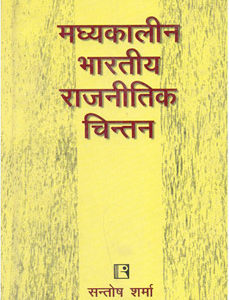INTERROGATING DEMOCRACY AND HUMAN RIGHTS: The Telangana People’s Movement
₹995.00 Original price was: ₹995.00.₹796.00Current price is: ₹796.00.
25 in stock
Interrogating Democracy and Human Rights: Telangana People’s Movement is an attempt to trace the relevance of people’s movements and their role in making democracy stronger. It discerns the interrelation and interdependence between the democracy and human rights, and assesses how grassroots movements could strive for the deepening and substantialization of democracy in India. Critically assessing the people’s movements like the Telangana movement for separate statehood, the book examines how these movements play a major role in the protection and promotion of human rights and advancement of democracy. The book also underlines the significance of the democratic forms of protests, nature of political parties/processes, response of the state, and the role of opinion makers and the underprivileged sections to interrogate the democracy and human rights. The book argues that there is a noticeable tension between the formal democratic parliamentary political process and the substantive socio-political demands. The question that the movement poses is: whether the substantive democratic urges make a difference to parliamentary politics or the latter will marginalize the democratic process? This book is an attempt to probe into this new and emerging domain of knowledge.
Contents
1. Introduction and Theoretical Framework
2. Interrogating Democracy and Human Rights
3. Politics of Participation: Deepening of Democracy
4. Indian Democracy: Vitalities and Vulnerabilities
5. The Protests: The Nature, Issues and State Response to Forms of Protests in Hyderabad City
6. Human Rights Implications of Dalit Self-Assertion in Telangana
7. The Telangana People’s Movement: Demand for a Separate State and Democratic Rights
8. Conclusion
| Author's Name | |
|---|---|
| Binding | |
| Release Year | |
| Language | |
| Publisher |
Related products
Political Science
Political Science
Political Science
Political Science
CRIMINAL JUSTICE ADMINISTRATION: The Relay Race for Criminal Justice
Political Science
Political Science
NUCLEAR POLITICS IN SOUTH ASIA: In Search of an Alternative Paradigm
Political Science











